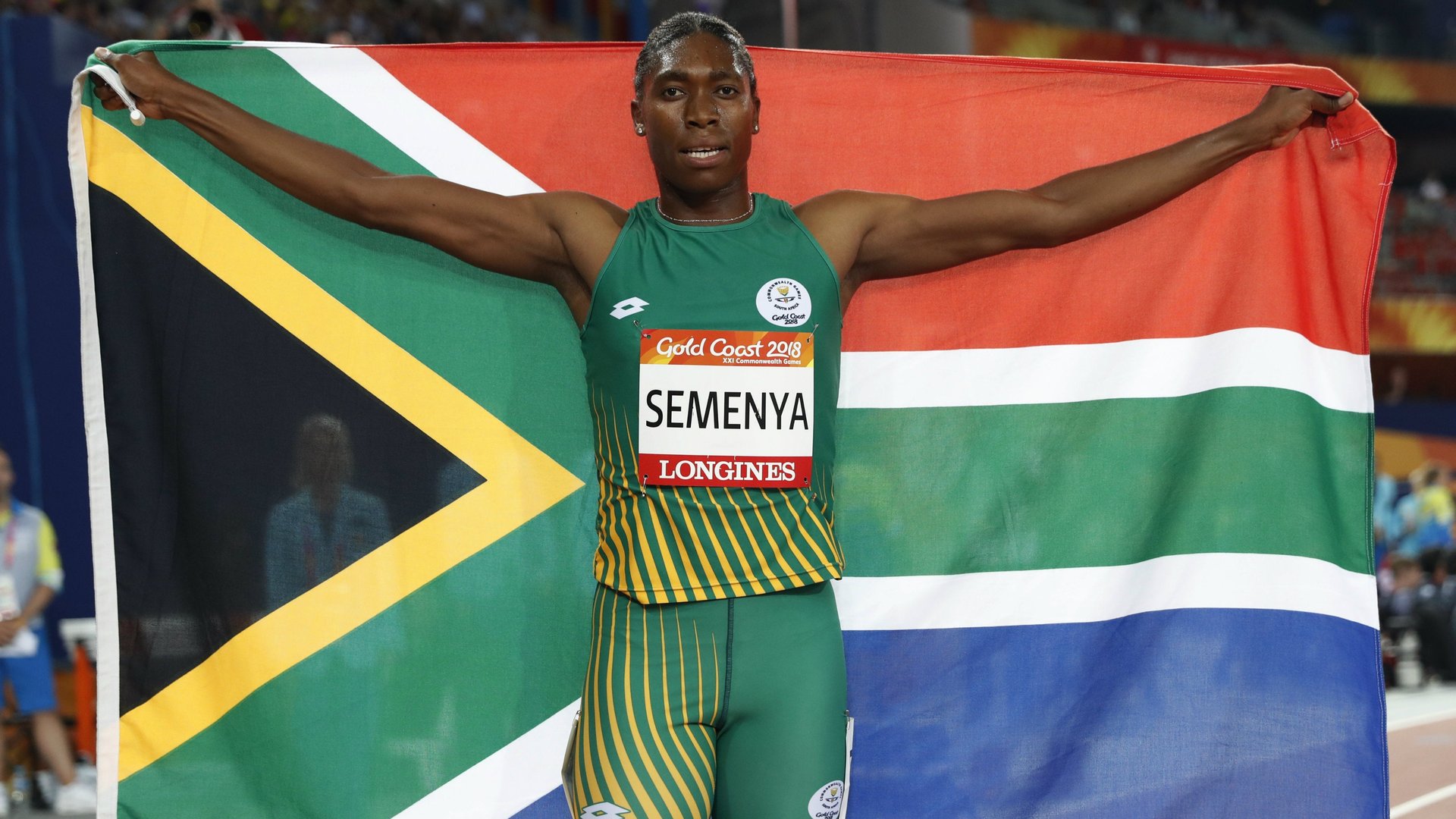One of the world’s top female track athletes may be forced to compete with men after a new ruling
South Africa’s Caster Semenya will face a tough decision if she chooses to compete at another international sports meet.


South Africa’s Caster Semenya will face a tough decision if she chooses to compete at another international sports meet.
New rules issued by the International Association of Athletics Federations (IAAF) state that female athletes with high levels of testosterone will be required to take medication to reduce and maintain lower levels of the hormone to participate in track races between 400 meters and mile (referred to as “restricted events”) at international events. Athletes that choose not to reduce their testosterone levels will only be able to compete in the restricted events at non-international events, compete in events other than the restricted events at international events or compete against male athletes in the restricted events at international events.
Semenya recently won gold medals in the 800 and 1500 meter events at the 2018 Commonwealth Games. She has also won two Olympic gold medals in the 800 meter event. A prominent sports scientist predicts that Semenya could “run up to seven seconds slower” if she lowers her natural testosterone levels as required by IAAF. Semenya has been at the center of a global conversation on gender and athletics since winning the 800 meter gold medal at the 2009 World Championships as an 18 year old. She undertook gender testing after that victory. IAAF says the rules will come into effect from Nov.1.
Controversy has followed Semenya ever since she first burst on to the scene of world athletics. Though the results of her gender test were never officially published, leaked results led to claims that the athlete has intersex traits and testosterone levels three times higher than in most women due to hyperandrogenism.
IAAF president Sebastian Coe says the athletics ruling body has “a responsibility to ensure a level playing field for athletes” as recent evidence (IAAF funded a study in 2017) shows that testosterone—either natural or artificially inserted—“provides significant performance advantages in female athletes.” The IAAF says the new rules are “in no way are they intended as any kind of judgment on or questioning of the sex or the gender identity of any athlete.”
However, scholars have argued that the new policy is contradictory as the restricted events do not include hammer throw and pole vault—events which the 2017 study found that female athletes with a higher level of testosterone have the greatest advantage. For its part, South Africa’s athletics federation says it supports all of its athletes who may be affected by this new ruling.
IAAF’s first policy on high testosterone came after Semenya’s 2009 World Championships win and required affected female athletes to either reduce the hormone levels or stop competing. That stance was however challenged at the Court of Arbitration for Sport (CAS) by Dutee Chand, an Indian sprinter, after she was barred from the 2014 Commonwealth Games. At the time, CAS ruled that the IAAF did not provide enough evidence showing a link between high testosterone and better performances.